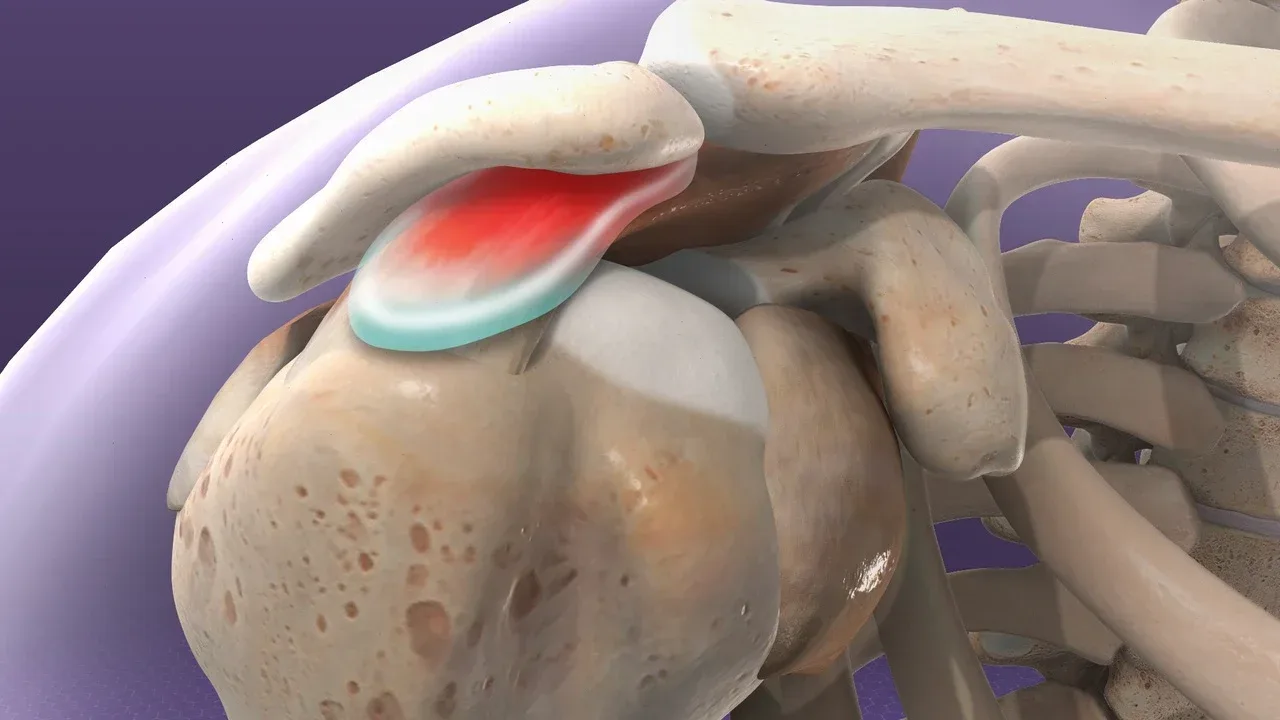
Impingement syndrome is a painful condition that occurs when the tendons in the shoulder are compressed or trapped by the shoulder bones. This condition is also known as swimmer’s shoulder or thrower’s shoulder, as it often affects athletes who engage in repetitive overhead arm movements.
The main symptoms of impingement syndrome include pain in the shoulder, significantly when raising the arm overhead or reaching behind the back, and weakness and stiffness in the shoulder joint. The pain may be mild initially but can become more severe if left untreated.
Impingement syndrome is caused by narrowing the space between the rotator cuff tendons and the acromion, which is the bony prominence at the top of the shoulder blade. This narrowing can be due to:
Treatment for impingement syndrome typically involves a combination of rest, physical therapy, and anti-inflammatory medications. Surgery may sometimes be necessary to remove bone spurs or repair damaged tendons.
Recovery time for impingement syndrome varies depending on the severity of the condition and the type of treatment received. Most people can expect to return to normal activities within a few weeks or months with proper treatment and rehabilitation.